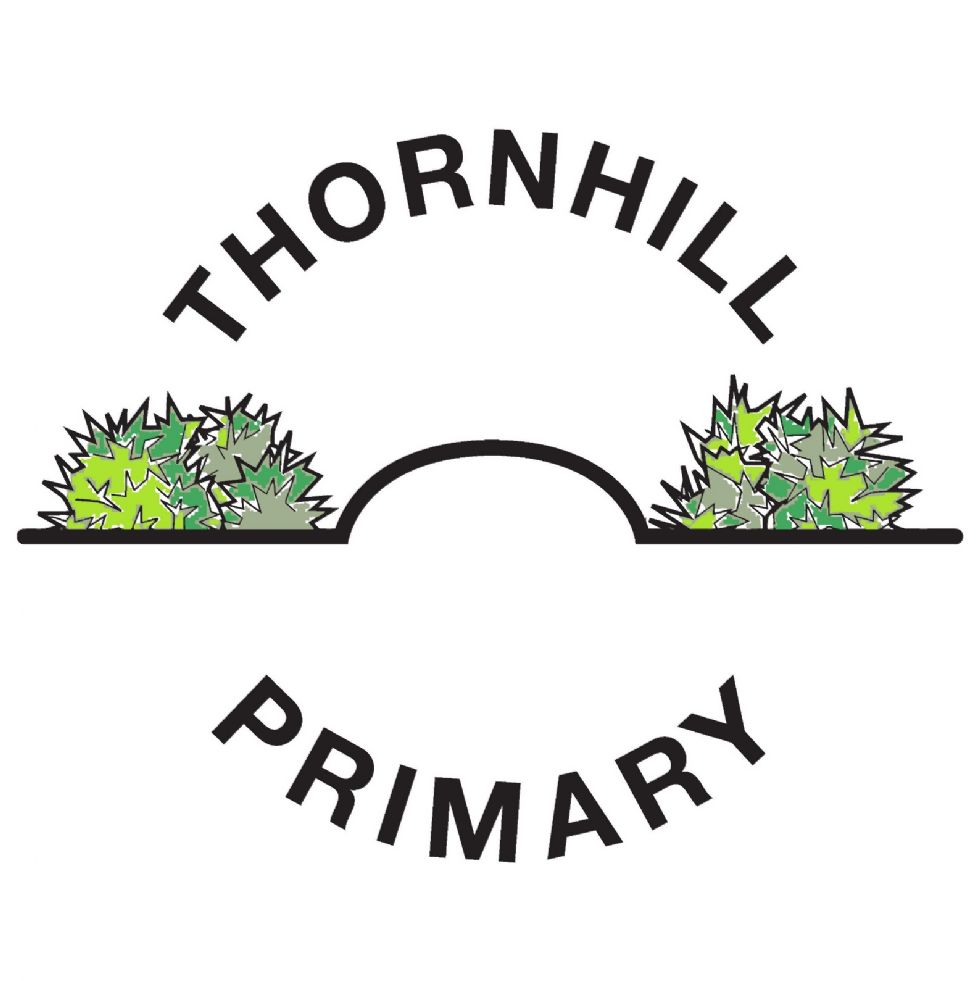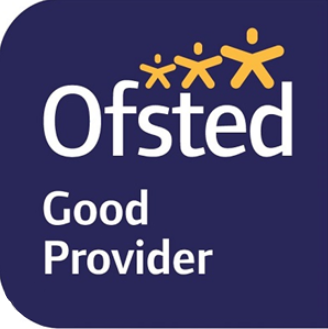English
Intent, Implementation, Impact
English Curriculum Intent
The English curriculum at Thornhill Primary School is delivered with the following intentions:
- To ensure all children are provided with many rich experiences and exposure to a wide variety of high quality texts.
- To ensure that children increase their vocabulary systematically by teaching contextual vocabulary linking to the texts that they explore and themes that they look at in all areas of the curriculum.
- To ensure creative and imaginative skills for writing are practised frequently and link to other parts of the curriculum.
- To ensure children have the opportunity to write for different purposes, audiences and in a variety of contexts.
- To ensure that children develop a love of reading across many genres but also see the importance of books to expanding their knowledge.
We intend for our curriculum to benefit our children in the following ways:
- Providing children with a key place where they can come into contact with books, particularly for those children who grow up in a household where reading is not highly valued.
- Providing introductions to books and authors that children may otherwise not experience in their home lives.
- Our children will understand the pleasure of reading and develop a positive life long relationship with books.
- Vocabulary will be taught and learned in rich and meaningful contexts making it easier for children remember and reuse.
- Book areas around the whole school will inspire children to try something new; expanding their horizons on their own reading journey.
We intend for our curriculum to be sustainable in a changing community by thinking in the following ways:
- Ensuring that staff training is ongoing for all areas of the staff community.
- Ensuring parents have access to key resources that they can use to support their child’s development in English.
- Choosing appropriate and inspiring books that link to the wider curriculum that can be used year after year with increasing impact.
- Ensuring resources that are made available to children and staff stand the test of time and are equally applicable in all age ranges.
- Ensuring that the high quality planning and preparation that teachers do is easily adaptable for different cohorts across the school.
- Ensuring an easy to access and simple to understand system for reading progression that supports children in sustaining their interest in reading at all ages.
English Curriculum Implementation
The key features of all English lessons across the school which support the intention of our curriculum are:
- Dedicated improvement and reflection time – DIRT
- Recap of prior learning to ensure that children understand that we are always aiming to move forwards from what we already know.
- Vocabulary focus time – this includes explicit teaching of new contextual vocabulary.
- Spelling, grammar and punctuation starters regularly incorporated into lessons.
- Introduction of adapted success criteria for the lesson so that children know what they are aiming for and how they can all individually be successful.
- High quality models of the expectations are shared with the children including a WAGOLL (what a good one looks like). More often, this will link to examples from a class novel. Additionally, children will enjoy listening to their teachers read for extended periods providing a context and ideas for texts they are learning.
- Talk for Writing strategies may be used to ensure children have a strong connection with the language and structures used in the model texts that they are taught.
- Genre, purpose and audience will be considered with the texts they write.
- Enough time to practise given.
- Digital working walls, working walls and resource mats – These give the children access to contextual resources that help to support them in making their writing the best quality that they can, and help to reduce cognitive load.
- Children will receive high quality, personalised feedback that they are able to understand and take on board. This may take a number of different forms.
- Children in years 5 and 6 will explore a wider range of opportunities to write independently, personalising and considering their purpose and audience, sometimes in the form of free writing.
The consistent application of our expectations will benefit the children in the following ways:
- Children will learn that books really are the key to a much wider experience of the world around them and far away. They will realise that through books, they can go to places that are currently out of reach for them.
- Consistent application of the teaching model will provide children with a sense of security during the English session.
- DIRT will ensure that children have time to revisit prior learning regularly.
- Adapted teaching will ensure that all children have access to the learning in every lesson and can make progress consistently.
- Talk for Writing approach will ensure that all children have the opportunity to externalise their ideas for writing before taking pen to paper.
- Additional layers of challenge will ensure that children always feel there is more to aim for and more to achieve; in time, this will increase the children’s levels of intrinsic motivation, especially if given the chance to link writing to their own personal interests and experiences.
We ensure the delivery and flexibility of the whole English curriculum in the following ways:
- Through careful planning and well-chosen texts, we ensure that children are provided with rich cross-curricular opportunities for all.
- Regularly meeting with classroom teachers to ensure the model is fit for the children in their classrooms.
- Making changes when necessary.
- Frequently visiting lessons and talking to the children about their views.
- Ensuring that teachers understand that there are no one size fits all models for the teaching of English and by providing training for how to adapt teaching for individuals with specific needs and preferences.
English Curriculum Impact
In order to measure the impact of our English curriculum, we have spent time monitoring our implementation strategy in a number of ways and have found that it has been successful in the following ways:
- All of our Early Years and KS1 classrooms now have a dedicated reading area designed to promote a love of reading and books in general throughout the school, with topic-based reading displays present in KS2 classrooms
- Window sill areas along our year 2 corridor enable reading for pleasure to take place.
- Clear evidence in the children’s books that demonstrate the links between whole class novels, the model text, the current historical period focus, or writing genres taught.
- Key elements of good quality teaching as laid out in the implementation above are evident in lessons that have been observed across the school.
- Children speak more enthusiastically about books.
- Talk for Writing is established as an option for teaching in most classrooms. Demonstrations of this have been evident in all class assemblies throughout the year.
- Teachers have developed strategies for linking their chosen texts to writing genres and contextual vocabulary.
Our children say the following about English at Thornhill:
- ‘I really enjoy our English lessons; especially when we read our class book. I don’t usually get to read books like that at home.’
- ‘I have always enjoyed learning about history so it’s great that our class book links to our history topic. You learn so much more.’
- ‘I like the books. We get to talk about the pictures and I really like art.’
- ‘Sometimes I find it easier to do my writing when it is about the book because it’s easier to come up with ideas for my writing when we’ve just been reading a book about the same thing.’
- ‘I really like our digital working walls. My teacher makes sure that we can find loads of helpful new words and tips to make our writing better.’

